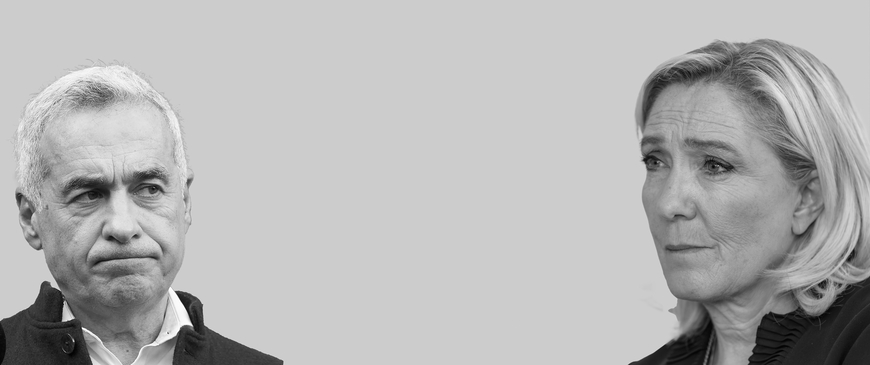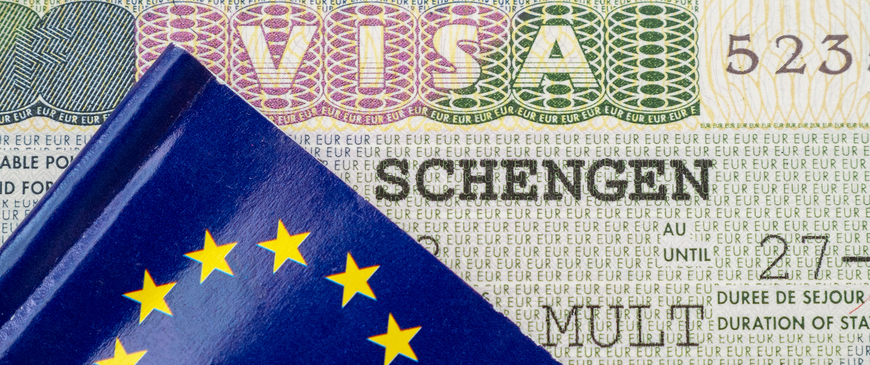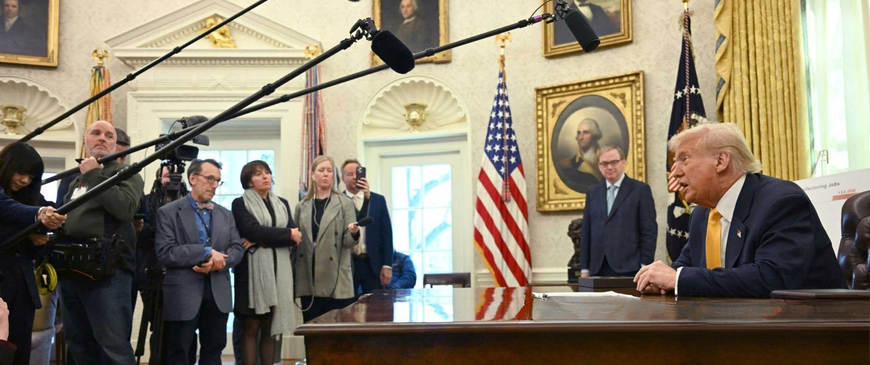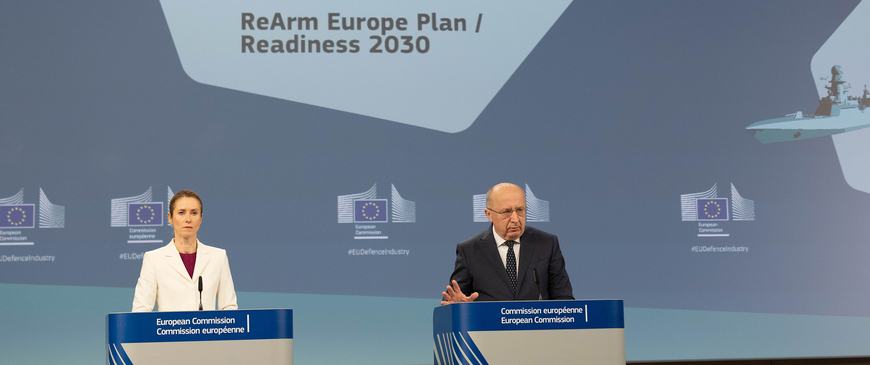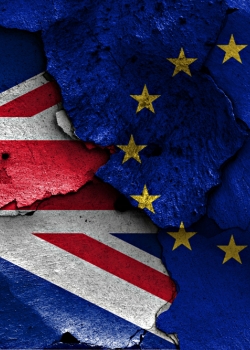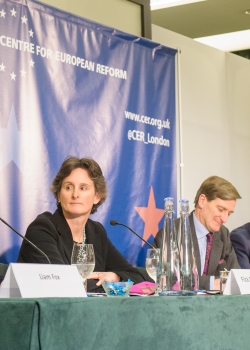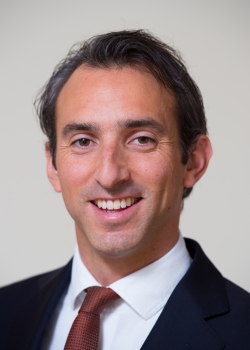Research
Poland's new nationalist leaders leave some Poles regretting their votes
29 December 2015
The Christian Science Monitor
Agata Gostynska-Jakubowska, a Polish research fellow at the Centre for European Reform in London, says that PiS will use anti-European rhetoric at home, while being more consensual in Brussels, likely following mainstream EU policies.
British Eurosceptic warns that leaving EU could mean UK breaks up too
23 December 2015
The Daily Mail
Charles Grant, director of the CER, said Hague was well respected in the party and noted his comments, coming days after Major, could be designed to move the debate beyond Cameron's tricky drive for EU reform. "There will be a transition from saying 'I want to reform the EU so it will work better' to saying 'the EU is a good thing in itself'," he said.
Election results in Spain are a stinging end to Europe's year
22 December 2015
The New York Times
The post-election muddle in Spain was yet another setback in a year of cascading crises, said Charles Grant, director of the CER in London. "It has been an annus horribilis," Mr Grant said.
Taking security seriously in the age of global terror
22 December 2015
The Wall Street Journal
As terrorists slip across borders and hide on the Internet, Europe and America must learn to share intelligence better.
Political uprising in Spain shatters illusion of eurozone recovery
21 December 2015
The Telegraph
Simon Tilford from the CER said Spain is not out of the woods and the eurozone's elites are "mistaking a modest cyclical upturn for something more profound".
David Camerons EU Reformen – ein Balanceakt für Großbritannien und die Europäische Union
18 December 2015
Österreichische Gesellschaft für Europapolitik (ÖGfE)
Im November 2015 hat die britische Regierung einen lange erwarteten Brief von David Cameron an Donald Tusk, den Präsident des Europäischen Rats, veröffentlicht.
Leaders at EU summit vow to 'regain control' of borders
17 December 2015
The New York Times
"The four horsemen of the apocalypse are circling," said Charles Grant, director of the CER in London, referring to the security threat raised by a newly assertive Russia, the chaotic influx of asylum seekers, Greece's calmed but far-from-solved financial crisis and Britain's future direction.
David Cameron's diplomacy in the EU has turned into a hall of mirrors
16 December 2015
Evening Standard
The CER has published research on Cameron's main renegotiation demands (limited in-work benefits for EU citizens, greater EU competitiveness, a greater role for national parliaments, exemption for UK from "ever closer union", better protection of those member-states outside the eurozone). According to the CER, the PM's particular fixation - restricting access to in-work benefits for EU citizens - isolates him entirely at Europe's diplomatic table.
The Guardian view on the EU summit: A chance to get it right on refugee policy
16 December 2015
The Guardian
The referendum campaign, when it finally gets into gear, will inevitably reflect this new context. The shift against EU membership in recent polls may already do so. At a meeting organised by the Centre for European Reform this week, Conservative speakers from all wings of the party argued that, irrespective of what the pro- or anti-Europeans may want, the vote will in fact be shaped by the migration issue. It is hard to disagree with that.
How immigration fears in the UK are fueling support for an EU exit
16 December 2015
Time Magazine
The fervor over immigration means there's now a "fairly high chance" British people will vote to leave the EU, says Charles Grant, director of the pro-EU Centre for European Reform, and a supporter of Britain remaining in the EU.
Polls suggest potential 50:50 split on Britain leaving EU
16 December 2015
Financial Times
The prime minister’s prospects of success in that field are limited: a Centre for European Reform report concluded that only Finland and Ireland might be prepared to give Mr Cameron a hearing on the issue, while 25 member-states were strongly opposed.
Italy publicly backs David Cameron's vision for two-speed Europe in new boost for PM
15 December 2015
The Telegraph
“This initiative is significant,” said Charles Grant, the director of the Centre for European Reform, a pro-EU think-tank, “in that it recognises the reality that the European Economic Union is a multi-currency union, in which the various countries can choose their own, differing paths of integration.”
However, in a sign of the battles that lie ahead in the coming months, Mr Grant warned that the UK still faced stiff opposition from the more federalist-minded countries and the European Commission, whose president, Jean-Claude Juncker, is a constant champion for ‘more Europe’.
However, in a sign of the battles that lie ahead in the coming months, Mr Grant warned that the UK still faced stiff opposition from the more federalist-minded countries and the European Commission, whose president, Jean-Claude Juncker, is a constant champion for ‘more Europe’.
Revealed: How 25 of 27 EU nations oppose Cameron's benefit restrictions
15 December 2015
The Telegraph
The CER a pro-EU think-tank, has compiled a very comprehensive round-up of where the other 27 EU member-states stand on David Cameron's four main renegotiation demands. Using a traffic light system - red for 'no', amber for 'maybe', green for 'yes' - they have created maps showing how much opposition/co-operation Mr Cameron can expect from each member state on each of his four main demands.
David Cameron's European Union talks hit trouble
15 December 2015
NDTV
"Cameron's hardest battle is certain to be on welfare reform," said Agata Gostynska-Jakubowska of the Centre for European Reform think-tank. "He has made a fetish of in-work benefits in his negotiations on this issue, he is alone against 25 member-states."
NATO nations no longer question need for alliance
15 December 2015
The New York Times
“There has been a tug of war between eastern and southern members about priorities, but now the east sees a Russian threat in the south, too, while the south sees a new conventional threat, as in the east,” said Rem Korteweg of the Center for European Reform, a research group based in London.
“Now we see a decision to boost air defenses off Turkey and put guided missile destroyers in the Black Sea and have more naval presence in the eastern Mediterranean — it’s a similar program of reassurance as the one for the east.”
“Now we see a decision to boost air defenses off Turkey and put guided missile destroyers in the Black Sea and have more naval presence in the eastern Mediterranean — it’s a similar program of reassurance as the one for the east.”
Cameron’s Brexit gamble
11 December 2015
The Economist
Some in the EU have a deeper fear. Charles Grant of the Centre for European Reform, a London-based think-tank, says officials in Berlin and Brussels fret that if Mr Cameron cannot secure his demands on benefits, he will choose to go for Brexit. Polls have recently been moving against staying in. The Danish government’s recent loss of a referendum on opting in to some EU justice and home-affairs laws shows how hard it is to win such votes.
Free Lunch: The immigration fetish
11 December 2015
Financial Times
One therefore sadly has to agree with Simon Tilford of the Centre for European Reform, that the government’s obsession with immigration is a form of political displacement: UK leaders play along with a popular but false narrative that sees immigrants as the cause of the country’s ills, in order to deflect criticism for inadequate economic growth, insufficient housebuilding, and above all the loss of status of the white working class. It may be smart electoral politics. But it is the opposite of leadership.
The Changing Face of the German Economic Miracle?
11 December 2015
Bloomberg Businessweek
"The recent improvement in real wages has largely come from the decline in inflation, driven by the collapse in oil prices," said Simon Tilford, deputy director of the Centre for European Reform. "The question is whether it will be sustained once inflation picks back up."
Twelve things you need to know about Brexit
10 December 2015
Prospect
What would really happen if Britain left the European Union?
The policy failures masked by scapegoating migrants
09 December 2015
Financial Times
By focusing on ‘welfare tourism’, the government has deflected criticism of its policies, writes Simon Tilford.

